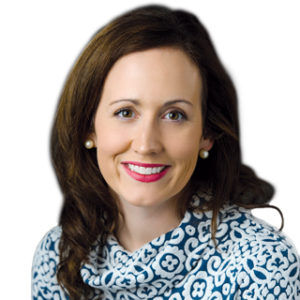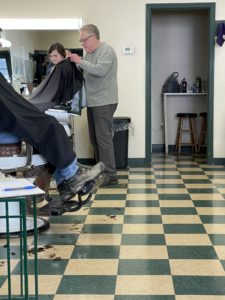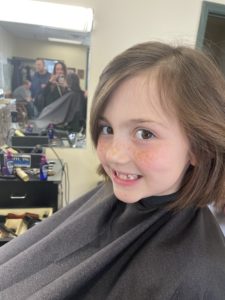

The Lansdowne Barber Shop in Lexington, KY, is a special place for many reasons.
To begin, it is a hidden gem tucked literally behind restaurants, a candy store and an ice cream shop, requiring its customers to walk through a small bricked alley to its entry. If you are not a local, you would never find this place.
Second, in a time where we have all learned to expect the unexpected, you always know who will be present and what level of quality will be delivered during your visit. This is invaluable if you are a mother of sons who are adamant that only scissors should be used. No “buzzing” allowed. I have literally witnessed my Joseph jumping out of a barber’s chair at the sound of clippers.
Third, they are just the kindest of humans. Laughter, storytelling and music at just the right level fills the often packed room adorned with old fashioned barber chairs, benches, and stacks of books and magazines.
There is an intense sense of community in this place.
Finally, they understand that when you have three brothers and the time comes for a fresh spring hair cut, barbershops are for girls too.

Hence the story that played out for us this week. Emmy’s hair was a hot, tangled mess and had been for quite some time. Generally, I just pull out the kitchen scissors and give her a blunt cut all around to start the summer. Tuesday afternoon however, when the boys went up to write their name on the very long sign-in log at Lansdowne, she followed, gave me a side eye, wrote down her name and took a seat.
It’s 2022, after all, and barbershops can be for girls too.
Now is the part where I transition into how this is at all applicable to your world as therapists in skilled nursing.
This is the point I want to make.
If you are a therapist or a rehab provider whose focus is on skilled nursing alone, you need to realize it’s 2022 and time to get with the program.
Get back to your local roots as the world reopens and understand what is unique, special and endearing about each community.
Our world, and our industry, are evolving to a point where we must learn to appreciate what occurs outside of our doors locally. I am not simply implying we need to improve relationships with your hospital partners. Been there, done that, keep it up!
I am speaking of greater engagements within your communities, opening your minds to services such as pre-habilitation, primary care physician collaborations, local wellness programs, and truly appreciating your role after patients leave your care.
How many of you are exploring the use of remote therapeutic monitoring since the significant win we achieved in use allowance this year? The level of understanding we can achieve via their use for how those we serve function in their natural environment and in the community is invaluable.

Have you considered how you implement touchpoints and reminders to your individual sites related to the scope of practice and benefit of services for physical, occupational and speech therapy services?
It’s 2022 and we have seen significant evolution in practice, for example, in our abilities to provide care for long-haul COVID-19 patients and use technology allowances such as telehealth. If we want to have these flexibilities after the formal end to the PHE, we have to prove that we can use these opportunities responsibly and that they make a difference in the long-term community outcomes for our patients.
Time to step up our game once again, the same way Emmy had to this week as she crawled up into a massive barber’s chair equipped with a booster, accepting that in 2022, life must evolve. And even though the boys like to joke she ended up with a “Karen” cut (brothers…), she hopped down with a smile on her face ready to take on spring full force.
It’s 2022 after all. Barber shops are for girls too.
Renee Kinder, MS, CCC-SLP, RAC-CT, is Executive Vice President of Clinical Services for Broad River Rehab and a 2019 APEX Award of Excellence winner in the Writing–Regular Departments & Columns category. Additionally, she serves as Gerontology Professional Development Manager for the American Speech Language Hearing Association’s (ASHA) gerontology special interest group, is a member of the University of Kentucky College of Medicine community faculty and is an advisor to the American Medical Association’s Current Procedural Terminology CPT® Editorial Panel. She can be reached at [email protected].
The opinions expressed in McKnight’s Long-Term Care News guest submissions are the author’s and are not necessarily those of McKnight’s Long-Term Care News or its editors.





